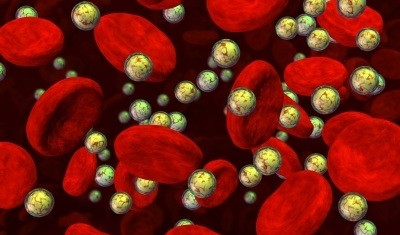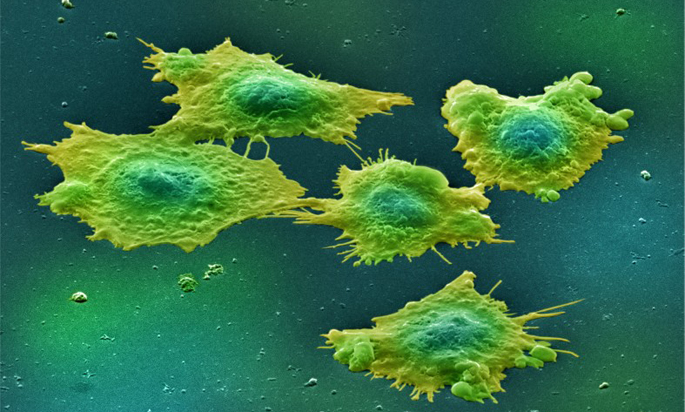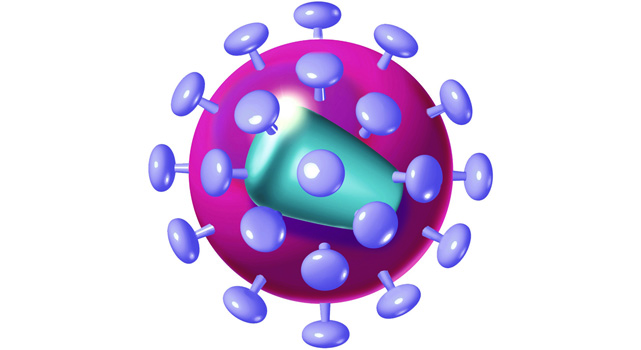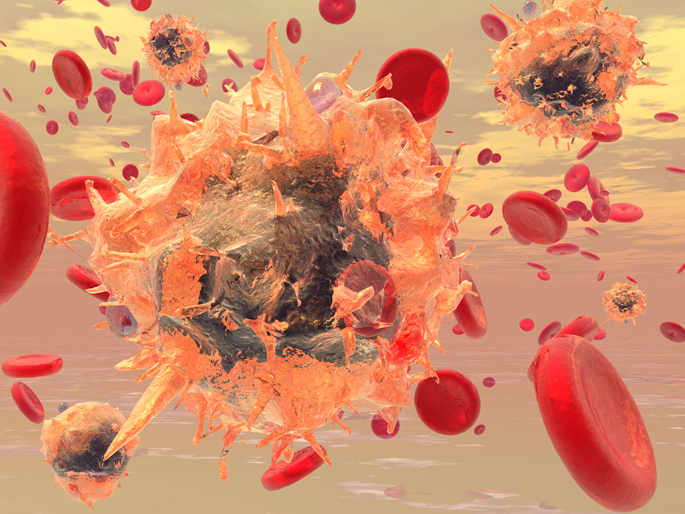Aliquots
-

Micelle “packets” deliver cancer drugs
Vanderbilt researchers designed micelle “packets” to selectively deliver anti-cancer drugs to breast cancer cells. Read MoreApr 8, 2015
-

New player in heart cell growth
Vanderbilt researchers have identified a new protein involved in heart cell growth, which could improve understanding of pathologic cardiac hypertrophy. Read MoreApr 6, 2015
-

Cancer signaling pathway blocker
Researchers at Vanderbilt University have discovered a new way to inhibit Hedgehog (Hh) signaling, an important regulatory pathway for vertebrate development – and cancer. Read MoreApr 3, 2015
-

Aging insights from budding yeast
The proteins that control entry and exit from the cell nucleus influence aging, Vanderbilt researchers have discovered. Read MoreApr 2, 2015
-

New systems biology method may help improve vaccine evaluation
Researchers at Vanderbilt University have found a new way to “dissect” the human immune response following influenza vaccination. Read MoreMar 23, 2015
-

Streptococcus virulence involves three-step plasminogen binding
Researchers at Vanderbilt have shown for the first time how a component of streptococci A and C bacteria helps spread the virus so rapidly through the body. Read MoreMar 20, 2015
-

Multi-sensory processing model explores autism, schizophrenia
There is growing evidence that disorders such as autism and schizophrenia involve deficits in what is called “multi-sensory processing,” the ability of the brain to properly integrate information coming in through the eyes, ears and other senses. Read MoreMar 19, 2015
-

Antibiotics with anticancer potential
A series of experimental antibiotics may be a good starting point for developing new anticancer drugs. Read MoreFeb 25, 2015
-

Contributors to coronavirus ‘fitness’
Understanding the role that host membrane modification plays in coronavirus replication is essential for developing novel approaches to block the viruses that cause SARS and MERS. Read MoreFeb 24, 2015
-

Tiny model of diabetes
Vanderbilt University researchers have created a zebrafish model of skeletal muscle insulin resistance that could help improve diabetes treatment. Read MoreFeb 20, 2015
-

‘Stretched’ cells promote cancer
Mechanical stress appears to be a critical factor in activating normal tissue-associated fibroblasts to generate cancer-associated fibroblasts. Read MoreFeb 19, 2015
-

Kidney disease impacts HDL function
Chronic kidney disease impairs the protective functions of HDL, Vanderbilt researchers report this month. Read MoreFeb 11, 2015
-

Targeting HIV’s “cap”
New findings underscore the attractiveness of the HIV capsid – the structure that encloses the viral genome – as a therapeutic target. Read MoreFeb 10, 2015
-

Gene profile predicts metastasis
A specific gene expression profile represents a novel, biologically relevant “signature” for identifying colon cancers with high risk of metastatic recurrence, Vanderbilt researchers have found. Read MoreFeb 9, 2015
-

Copper toxicity and Parkinson’s
A genetic predisposition to Parkinson’s disease makes neurons more vulnerable to the toxicity of heavy metals such as copper. Read MoreFeb 5, 2015
-

New clue to a devastating disease
New findings suggest a previously unrecognized role for the Sox10 transcription factor in Hirschsprung’s disease, and may lead to improved diagnostic and therapeutic approaches for this disease. Read MoreJan 28, 2015
-

Immune response depends on force
New studies explain how T-cell receptors use force to recognize and protect us against pathogens. Read MoreJan 26, 2015
-

New view of dopamine heteromers
Although heteromeric dopamine receptors composed of both D1 and D2 subunits have been proposed to play a role in depression and schizophrenia, recent studies suggest these heteromers do not exist. Read MoreJan 23, 2015
-

Beta cell link to fasting glucose
New findings explain why variation in a particular gene is the most important determinant of fasting blood glucose levels in humans. Read MoreJan 22, 2015
-

Inner ear keeps bones strong
Alterations of the vestibular system - the part of our inner ear that controls balance - may contribute to bone loss related to both aging and space travel. Read MoreJan 14, 2015